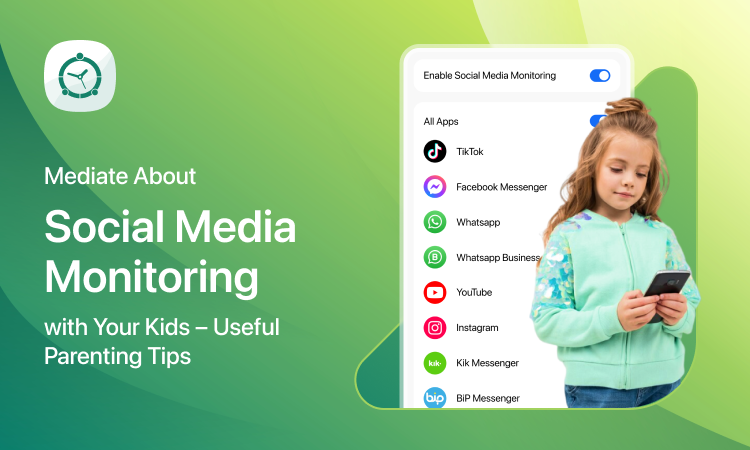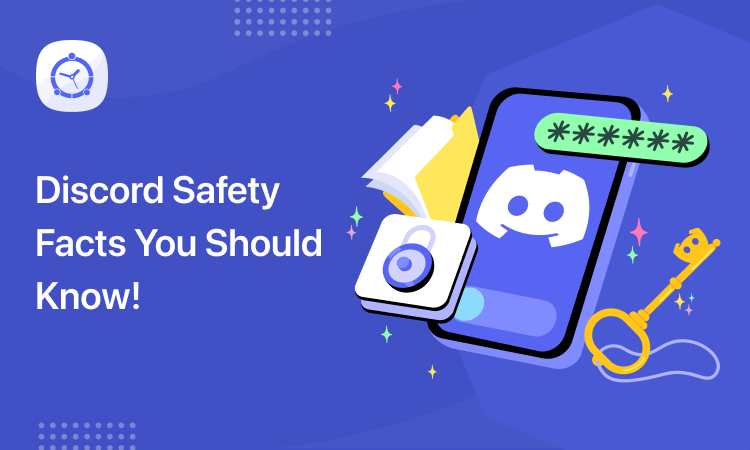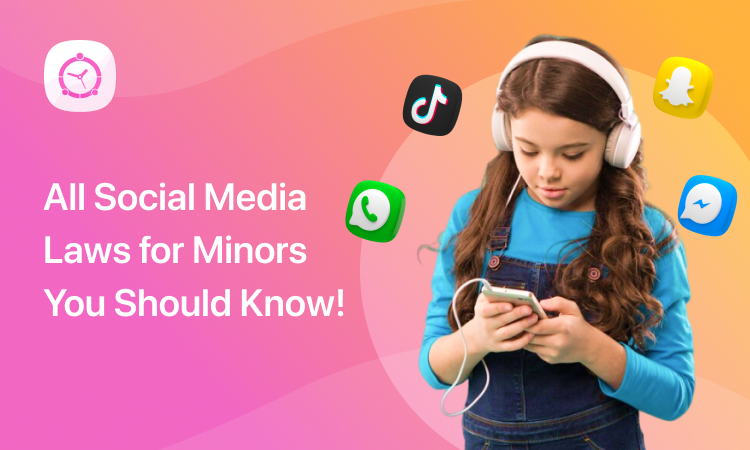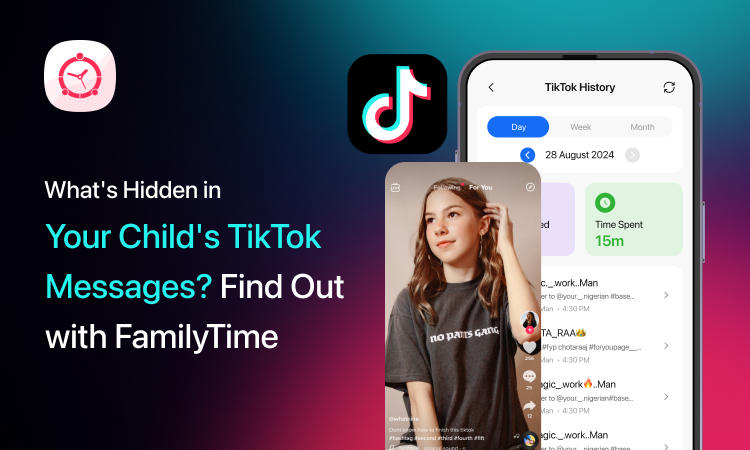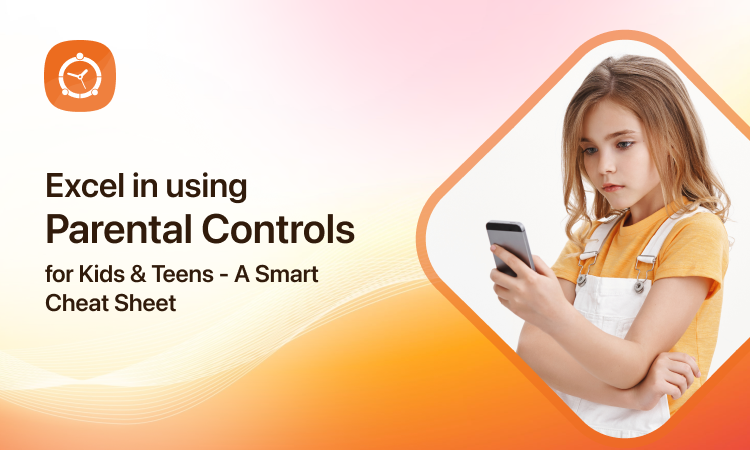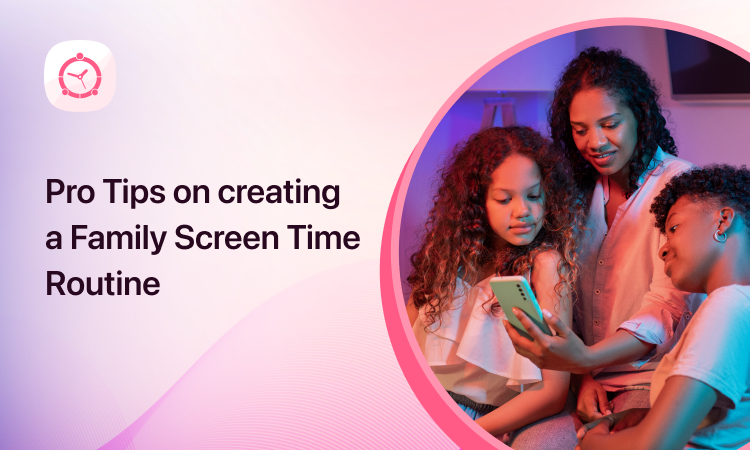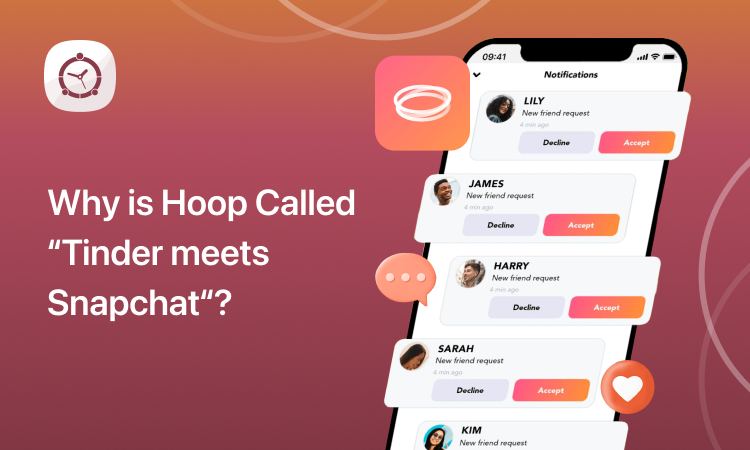Kids, especially young teens, are rebellious regarding social media monitoring. It’s equally problematic whether you are in their friend list and observing their online posts, friends, events, and feeds or using FamilyTime social media monitoring to review their chats. Spying on your kid’s social media activities makes them feel bad about so many things and leads you toward numerous complications. To deal with this situation, you need to mediate the situation with your kids smartly.
Threats of Social Media Monitoring to Your Parent-Child Relationship
Many parents face rebellious behaviors from their pre-teens when using or implementing social media monitoring. The aggression or opposition to the act is not just an act but a serious condition that leads to many other threats and issues later on. You cannot consider it a regular conflict of opinion; be considerate about it. Monitoring and reviewing the social media chats of your kids can trigger some serious issues discussed below:
Mutual Trust Issues
When you are following or monitoring your child’s social media activities, it indicates that you are not trusting them. That’s true, as you have reservations about whether your child can handle everything online. On the other hand, it damages your child’s trust in you. It’s a common perception that your kid will consider it an invasion and not trust you. There will be frustration, tension, and sometimes attempts to hide things from you, which leads to further distress.
Anxiety, Stress & Lack of Confidence
When kids are not trusted, especially in their pre-teen years, they fall into the pit of anxiety and stress and lose their confidence. Their parents’ low levels of trust in their ability to move socially with people make them doubt their decisions and self-assumptions. It eventually makes the situation worse, causing kids to depart from a routine life.
Rebellion about Parents
Naturally, teens avoid parents looking through their chats and social handles. So, when, as parents, you are doing so, kids are rebellious about the act. They argue, show tantrums, and even get aggressive at times. It seems to be a disgrace for them as the peer pressure of being monitored is a phobia that impacts them the most.
Privacy Invasion
When kids own their personal devices and social media accounts and grow, they are marking their private territory. At this time, they want to be independent and have their own space online. When parents peek into their lives and social activities through social media monitoring apps, kids feel unrest and take it as a privacy invasion.
Emotional Instability
Lack of trust by parents, followed by anxiety or depression, leads to emotional instability. Kids, specifically young teens, are in the transformation phase and cannot process many emotions. Eventually, they fall into the pit of emotional instability and look out for support in external circles. It leads them to fall prey in the hands of predators, who take them farther away from their parents.
Mediating About Social Media Monitoring with Your Kids
Knowing the potential threats and risks that robust social media monitoring can cause does not limit you to the controls. Monitoring has its outcomes, but it’s an essential act you have to process for your child’s safety. However, there are ways to mediate the process and reduce the negative impact of this monitoring procedure.
Involving your kids in the process and discussing many things with the teens helps you control the damage and save the situation so far. It also helps bring out the best results and leads to a healthy and prosperous family. Let’s check out a few mediation strategies you can adopt to normalize social media monitoring for your kids, pre-teens, and teens.
Communicate openly
Every good thing starts with transparent communication. When you plan to use social media monitoring or feel the need, communicate with your young ones before taking action. The immediate action without reasoning with your kids will make them rebellious. It’s better to communicate with them, let them know your concerns and vulnerabilities, and listen to them. With a mutual discussion, you can end up with certain conditions and the ultimate conclusion of monitoring social media or not.
In this process, the child will have a complete understanding of what you will monitor, how, and why. Once you understand something, things will become a lot easier for you to manage.
Educate about social cyber threats.
Sometimes, just talking about things doesn’t work, and your communication becomes an argument. In this situation, it’s essential to let your child have the same level of knowledge as yours about things to avoid conflict. Educate them about the crucial cyber threats and issues they may encounter online and be unable to notice.
Let them know about the tactics cyber predators use to harm them. Also, make them understand that your presence in monitoring will help them avoid these threats and move toward safety. Offer them training or assistance to deal with these digital threats, and then stop monitoring their social media accounts.
Promote transparency
Being transparent about the processes is essential when your teens have concerns about how you are watching over their digital activities. It’s better to keep things transparent and clean for the kids. Let them know the activities you are watching over and why. Never try to secretly monitor their digital activities using spy apps or foul means. It will simply put more doubts on you.
Provide digital literacy
Digital literacy is essential for kids these days. When they are dealing with the higher mediums of media and communication, they should know their responsible uses. Let them understand the concept of fake news, verification, hate speech, cancel culture, and other digital terms. Let them have an idea about privacy settings, preferences, and limitations.
Your teens should be able to deal with peer pressure online and not share anything without verification. Make them understand the importance of their words when making posts or comments. This will help them be responsible people online.
Guide about content selection
Not everything online is appreciated or shareable. You should develop your child’s content selection and preferences on social media. The pages they like, the people they follow, and the groups they have joined should be considered.
Help them make the best choices and guide them through selecting and setting preferences. Empower your teens to unfollow or undo the things they are supposed not to do. This helps them be safe and spread positivity online. Make them understand that such practices will eliminate the need for regular social media monitoring.
Privacy settings
One important reason to consider social media monitoring is your child’s privacy concerns. In online spaces, it’s quite challenging for your kids to keep their information private and be safe. If you educate your kids about the right privacy settings, posting content, and sharing information, you may not need to monitor their social media.
It’s a good bait for your teens to learn about privacy settings and practices to eliminate the constant monitoring. It eventually helps to boost your teen’s confidence and trust in you. Condition: Condition them to have momentary monitoring until they are proficient at keeping themselves safe.
Limited digital footprinting
Everyone, from pre-teens to teens, is addicted to social media. Click, tag, and post is a common trend. Now, other instant-sharing apps like Snapchat or Instagram reels for a greater audience have made the situation worse. By updating live about their activities, the kids are creating their digital footprints in real time. This makes tracking down the kids online easy. Following their digital updates, anyone can reach their physical location with any intention.
Make your teens and young kids understand the importance of delayed posts without creating a real-time digital footprint.
Let them be on their own!
Social Media Monitoring is helpful to keep your kids, specifically young teens, safe online, but it’s not a long-term or definite solution. Initially, to introduce your child to the digital world, you can monitor the activities only for a lifetime. Digital parenting experts recommend that you only monitor social media once you are sure your child can survive the world online.
Once you have helped kids pass through the initial stages of their digital journey, it’s time to let them have a solo flight. Inform them about removing the monitoring rule from their social media so they will gain confidence and take charge of their actions. However, always be involved with them in conversations and discussions about what’s happening in their lives online and offline.
Remember, communication is the key to keeping your kids safe online and offline. If they discuss their problems with you, it is convenient to help them in any difficult situation. Mostly, things go wrong when kids do not share their problems or actions with you.
Wrap Up!
The robust and forceful implementation of social media monitoring can be distressing for kids in general. It could be a better practice, according to parenting experts as well. You can implement the monitoring with moderation and mediation. Make the kids understand why there is a need for parental monitoring apps like FamilyTime to keep them safe digitally. Help them navigate through the social, digital world and then set them free there. Just train them to behave responsibly and always contact you whenever necessary. It will help you strengthen your trust & bond and boost your child’s confidence.

